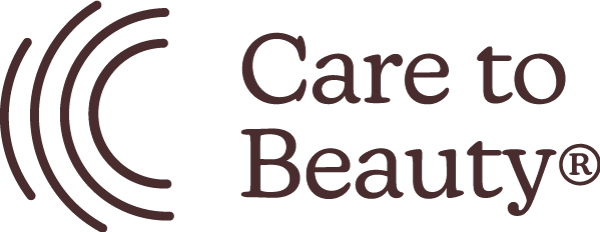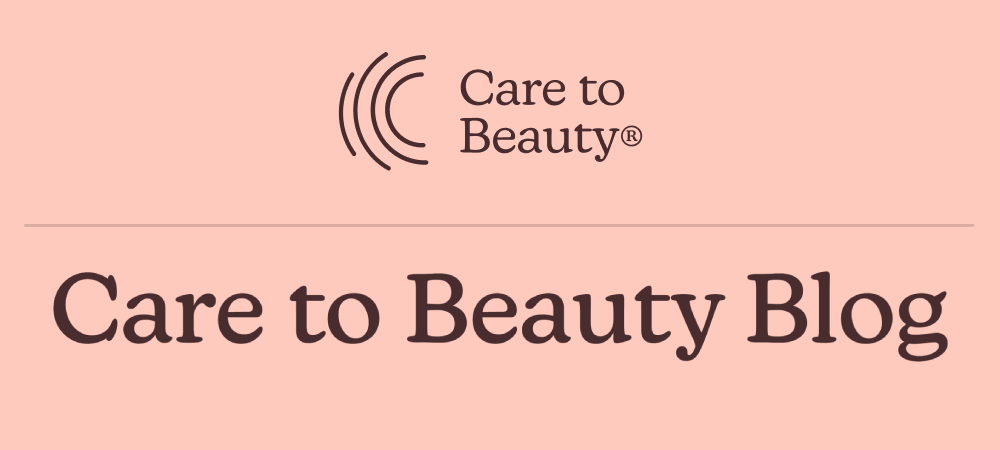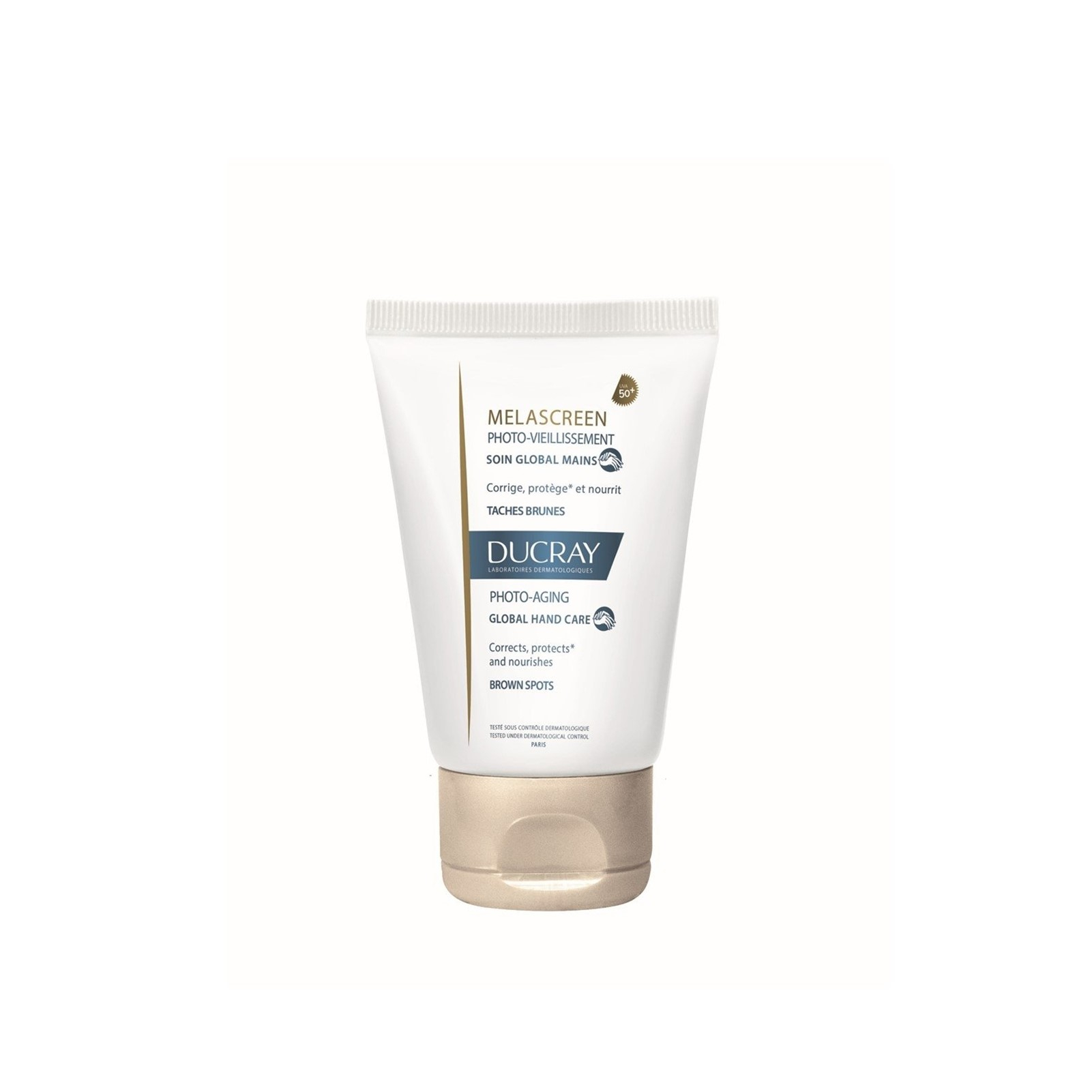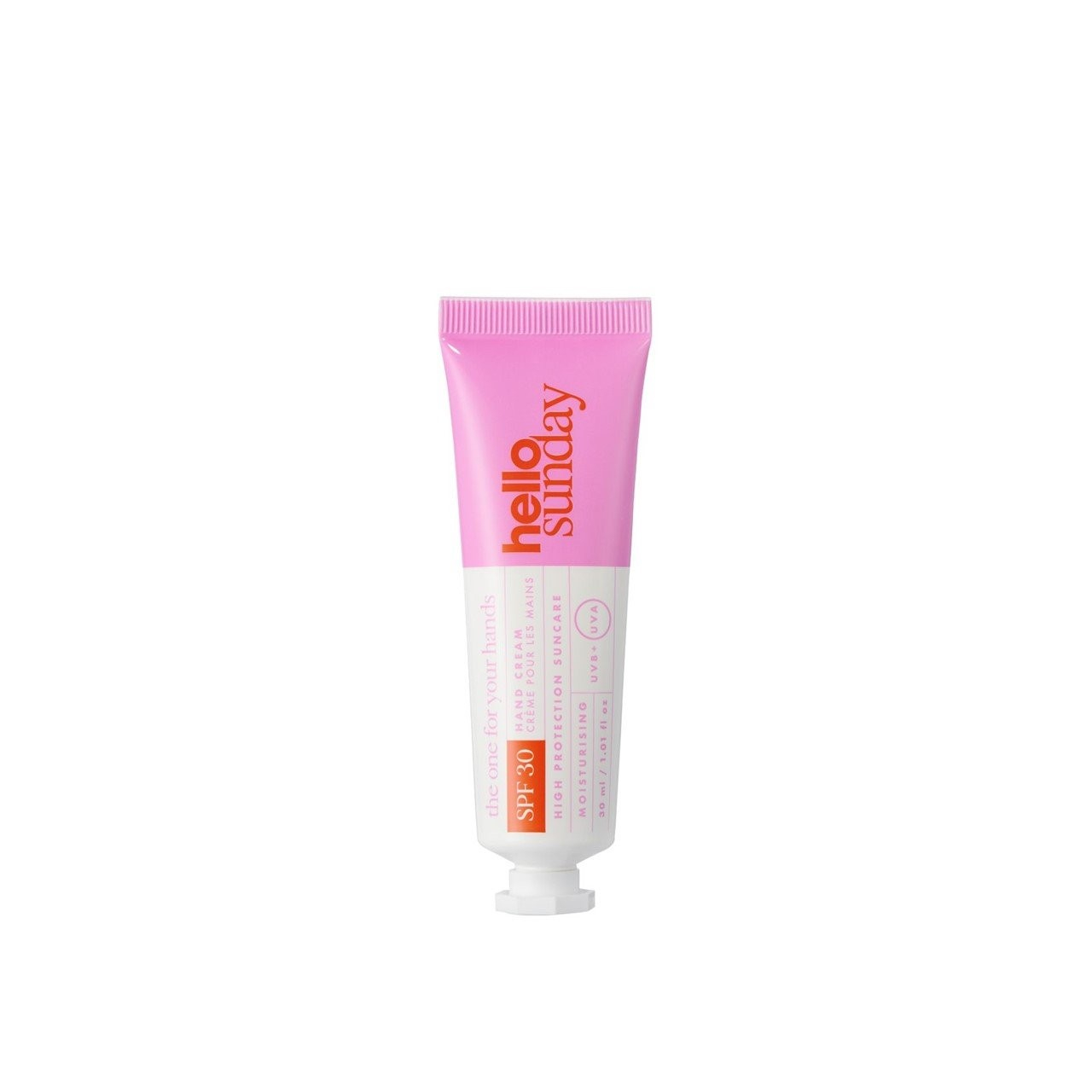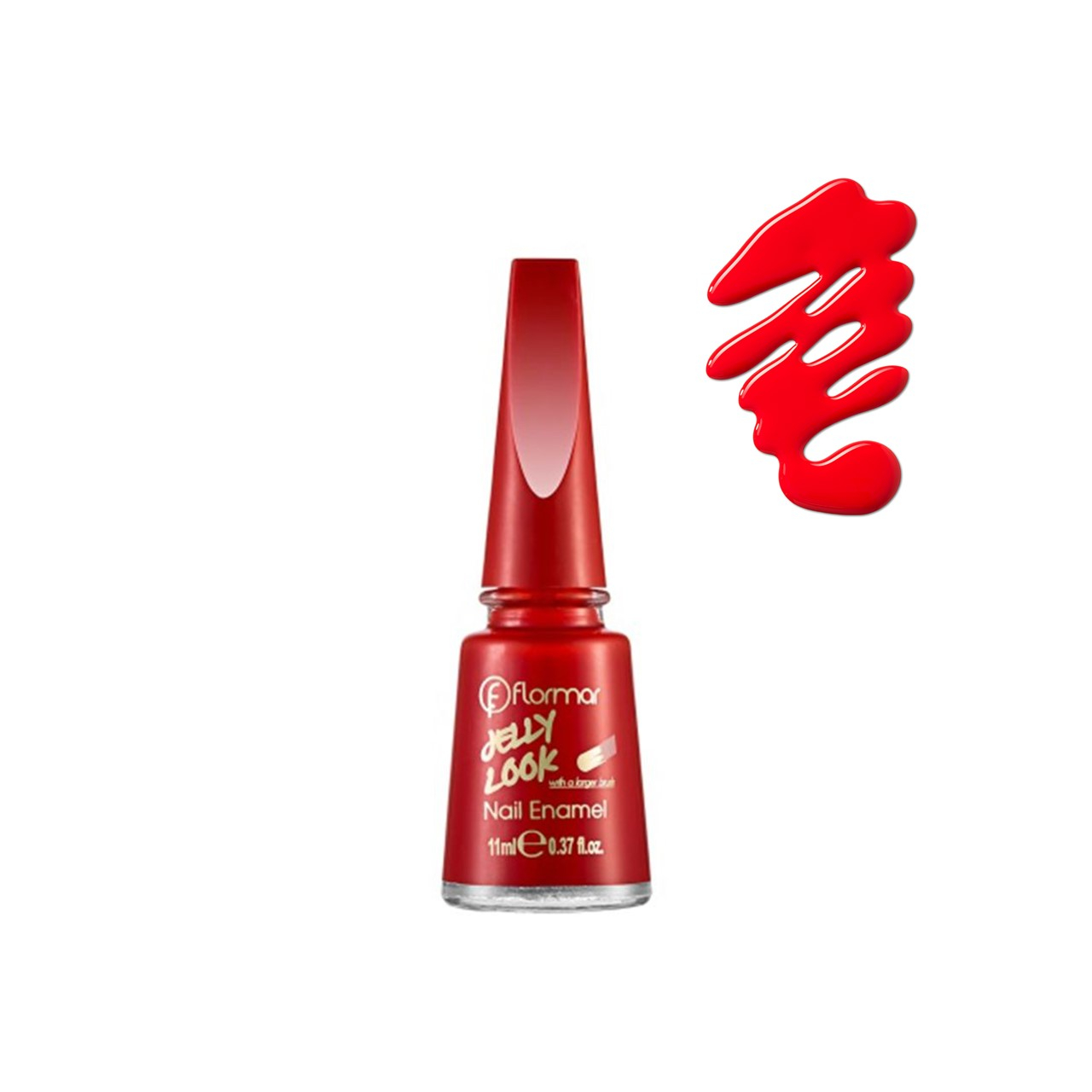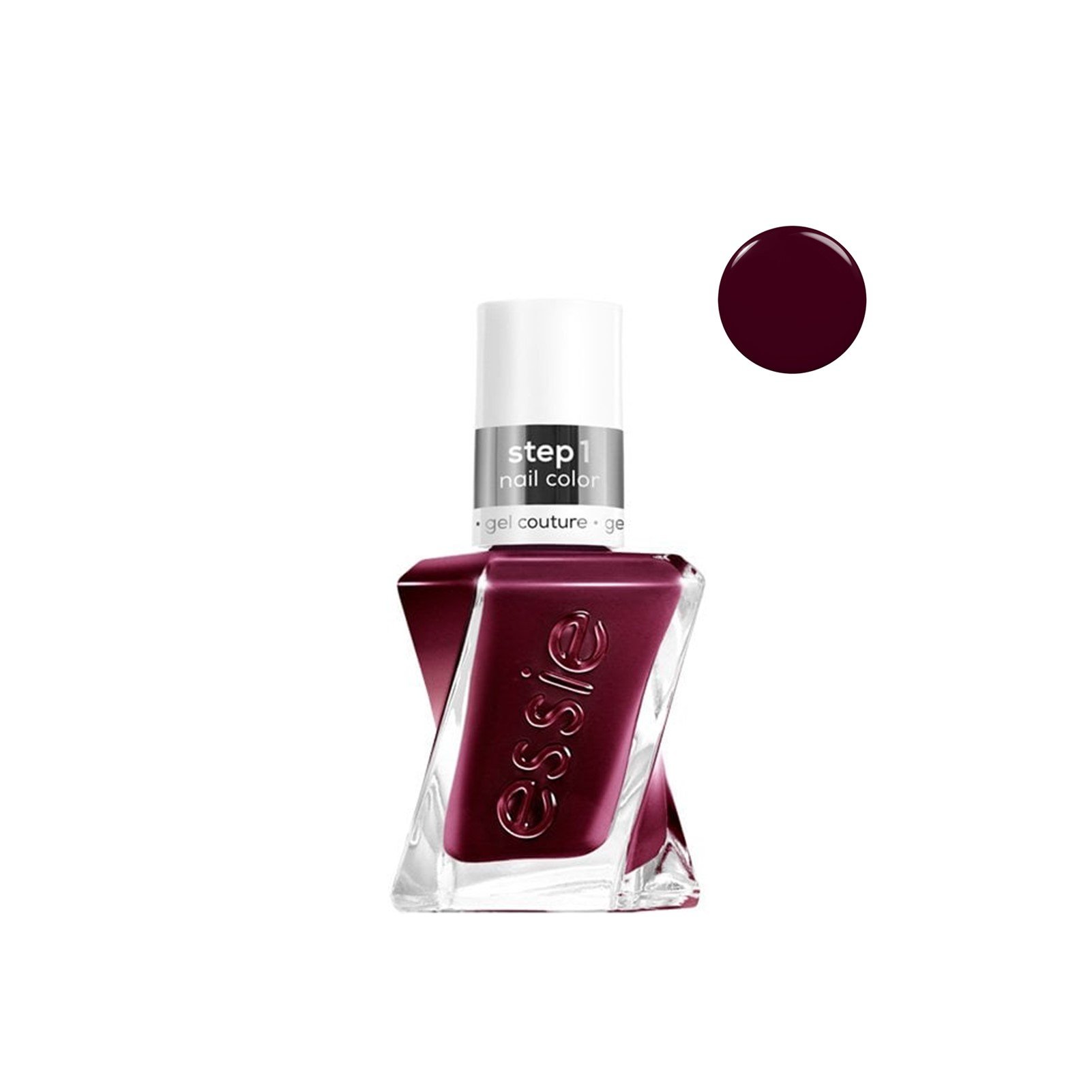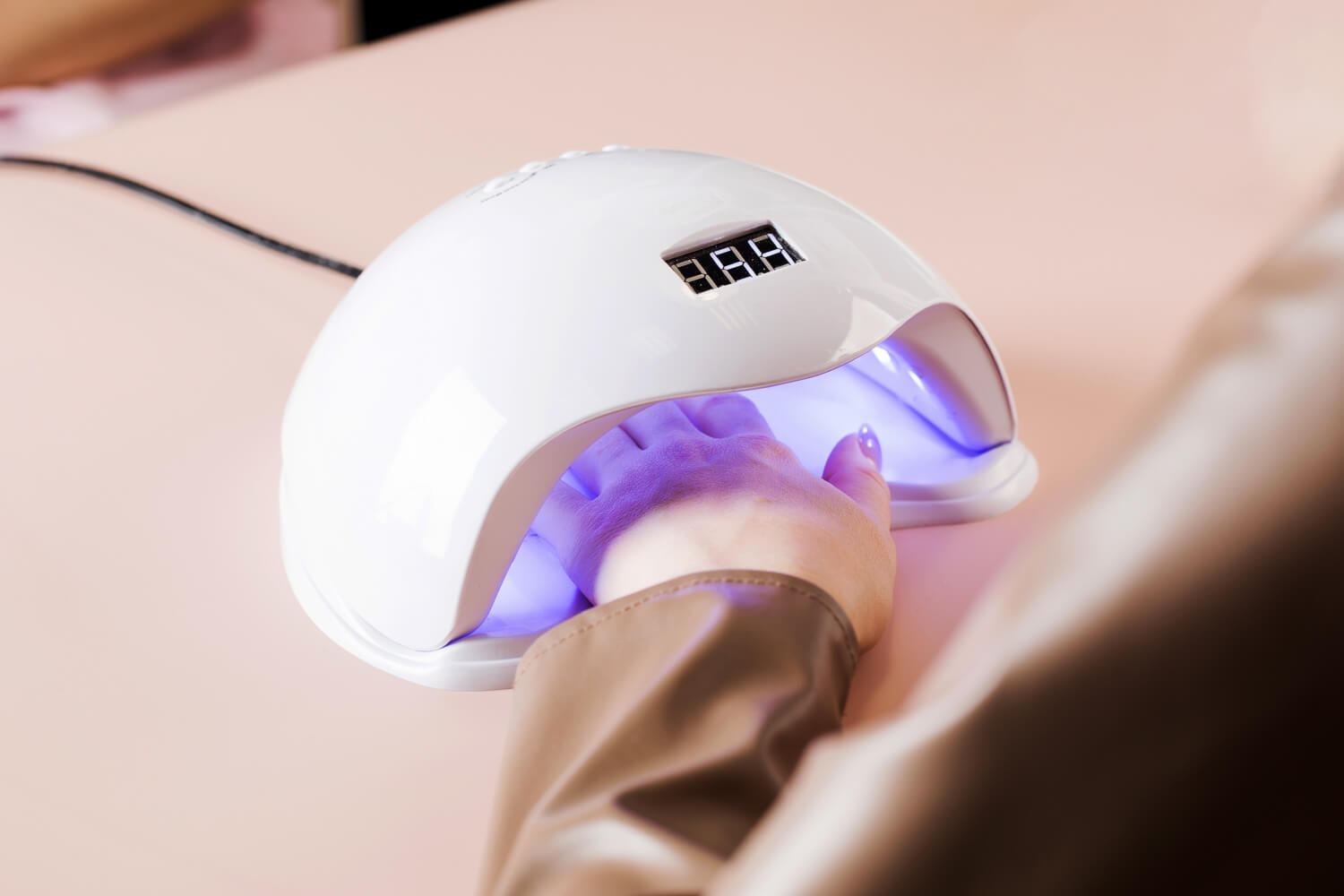
Recently, the beauty world was rocked by a new cientific study, which claimed that UV lamps that harden nail polish–you know, those UV lamps that “cure” gel manicures–can damage skin cells. As the media publicized the study and the subject reached the general public, a somewhat alarmist summary of the study began to circulate: UV nail lamps cause skin cancer, so you need to protect yourself and use sunscreen when getting your nails done. But is that really the case? Are UV nail lamps so risky that you really need to apply sunscreen to your hands before getting your nails done? We’re about to find out.
On this post:
- How do UV nail lamps work?
- Should you be concerned when getting your nails done with UV nail lamps?
- Is there an alternative to UV nail lamps?
How do UV nail lamps work?
If you’ve ever done your nails with a UV lamp, you already know the drill. After you’ve applied your special nail polish, your hand goes into the “oven” to “cure the polish”. This little gadget actually works by lighting up a UV lamp. So, what is this UV lamp? It’s a special lamp that, instead of emitting visible light like normal lamps do, emits UVA light. This UVA radiation makes the nail polish harden.
This process will only work with specific nail polishes, which contain molecules called photoinitiators. These molecules, upon receiving the right dose of UVA light, will undergo a transformation and make the gel polish harden very quickly. This is because the radiation induces a polymerization process that changes the structure of the nail polish layer, thus making it solid instead of liquid.
What is UVA light, and should you be concerned?
We’ve established that UV lamps work by shining UVA light onto your hands–but what is UVA light, exactly? Many different radiations come from the sun, and UVA is one of them. Have you ever considered why putting your hand under these lamps is not the same as putting your hand under the sun? When you put your hand inside the lamp, it won’t feel warm (because the heat sensation comes from infrared radiation), nor burn (because burning comes from UVB radiation). However, some things will still happen to your skin if you don’t protect it.
Firstly, UVA is responsible for pigmentation. Yes, UVA is responsible for dark spots. So, when you’re putting your skin consistently under UVA light, you’re making it more prone to pigmentation alterations. Secondly, aging. Besides the age-related dark spots, UVA also induces other kinds of aging signs. Namely, we’re talking about loss of firmness and elasticity, and more wrinkles. Lastly, any UV radiation makes the skin more prone to skin cancer.
Does UVA from nail lamps cause cancer?
Now that we understand how UV nail lamps work, let’s take a look at the scientific paper that got us all talking about UV lamps. The study focuses on the connection between UVA radiation from UV nail lamps and the risk of developing skin cancer–but why is that? In short, it’s because UVA radiation is considered a carcinogen; in other words, it can cause cancer. Sure, you’re not exposed to UVA radiation from UV lamps all that often–only about 10 minutes every few weeks–but that’s still an extra amount of radiation compared to someone who doesn’t get their nails done. In fact, there have been some cases of cancer on the hands and nails that have been attributed to getting nails done with these UV lamps.
What scientists have concluded from this study is that the level of radiation used in these UV nail lamps can indeed cause mutations in lab conditions. These mutations are what eventually leads to cancer cells, so this is some degree of evidence that there’s extra risk in doing this. On the other side, given that the findings from this study were only conducted in laboratories with specific cells, there is still no strong evidence that UV nail lamps cause cancer.
Should you be concerned when getting your nails done with UV nail lamps?
It might be reasonable to say that using UV nail lamps should worry you about as much as sun exposure, eating trans fats, or adding a little more salt to your food. We all engage in various behaviors that carry health risks, every single day, and it’s up to us to decide which ones we will maintain and which ones we will try to reduce. Spending half an hour in unprotected sunlight during the summer is likely to have more consequences than exposing your hands to UV nail lamps. However, it’s up to you to decide how you manage your risk levels. Now that you know that UV nail lamps can pose an extra risk to your skin, you have options available: you can decide to never use them again, you can decide to continue using them as you’ve always done, or you can try to protect your skin whenever you use them.
If you continue to use UV nail lamps, here are some suggestions you can adopt to try to minimize your exposure:
- Use only the right amount of exposure to get the results you want. No extra time because it “may work better”;
- Renew the nail polish coats only as needed. Avoid changing colors every few days just for the sake of it;
- Protect the skin as well as you can. You can either wear fingerless gloves, for example, or apply sunscreen to your hands just before your nail appointment.
Below, two of our favorite hand sunscreens that provide very high protection:
Is there an alternative to UV nail lamps?
If you’ve made up your mind and want to move away from gel polish and UV lamps, there are some alternatives. You can opt for a dip powder manicure instead. This process uses acrylic powders to color your nails, and drying is done with a nail drying fan–no UV lamps! Although the process may take longer than a gel manicure, the results are also very long-lasting.
If you’re looking for an even simpler alternative, you can choose to apply a regular nail polish with a gel-like finish, which makes it more shiny and appealing:
All in all, right now science only tells us that there’s an added risk of using UV lamps. Should you still use sunscreen when getting your nails done? We’d say yes, probably. It won’t hurt to do so, so why not? However, if you want to stop using UV lamps altogether, we suggest you take a quick look at all the amazing nail polish options available.
Pharmacy Technician & Beauty Writer
